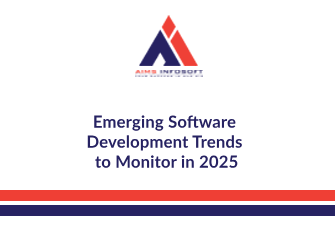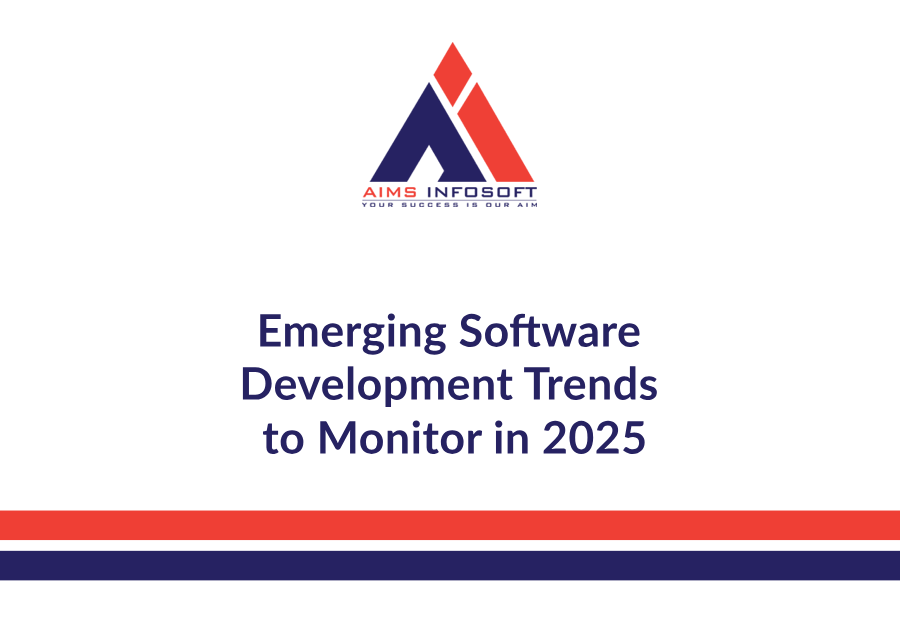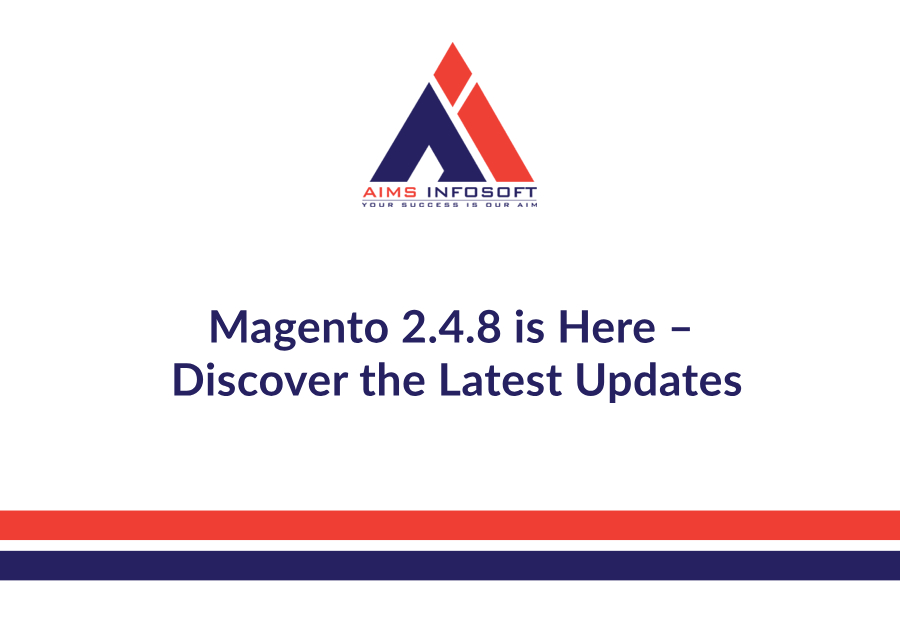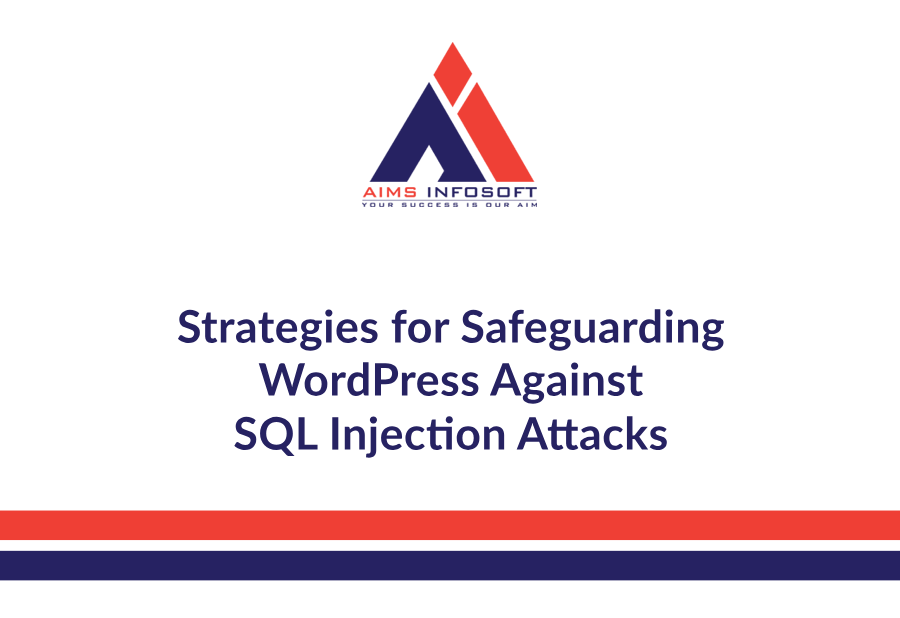The software development industry is continuously evolving, driven by technological advancements and changing business needs. As we approach 2025, several emerging trends are shaping the future of software development. Here’s a look at the key trends to watch
1. Low-Code and No-Code Platforms
Low-code and no-code platforms are revolutionizing how software is built, enabling faster development and empowering non-developers to contribute.
- Benefits:
- Accelerated development timelines.
- Reduced reliance on skilled developers.
- Cost-efficient for small and medium enterprises (SMEs).
- Use Cases:
- Rapid prototyping, internal tools, and simple app development.
2. AI-Driven Development
Artificial intelligence (AI) is transforming software creation, automating tasks such as code generation, testing, and debugging.
- Key Technologies:
- AI coding assistants (e.g., GitHub Copilot).
- Automated quality assurance and testing.
- Impact:
- Reduced human error.
- Increased productivity.
3. Cloud-Native Architecture
Cloud-native development is becoming the standard for modern applications, leveraging microservices and containerization for scalability and reliability.
- Technologies Involved:
- Kubernetes, Docker, and serverless computing.
- Automated quality assurance and testing.
- Benefits:
- Improved scalability and resilience.
- Faster deployment cycles.
4. Blockchain Beyond Cryptocurrency
A Blockchain technology is finding applications beyond cryptocurrency, including supply chain, identity verification, and secure transactions
- Emerging Use Cases:
- Decentralized finance (DeFi).
- Tokenization of assets.
- Blockchain for IoT.
5. Edge Computing Expansion
Edge computing is gaining traction as IoT devices proliferate, enabling data processing closer to the source.
- Advantages:
- Reduced latency.
- Improved data privacy.
- Applications:
- Smart cities, autonomous vehicles, and industrial automation.
6. DevSecOps
Security is becoming a core part of the development process, with DevSecOps emphasizing security from the earliest stages of development.
- Key Practices:
- Automated security checks.
- Continuous vulnerability assessment.
- Impact:
- Enhanced application security.
- Faster response to threats.
7. Quantum Computing
Quantum computing is advancing rapidly, promising to solve complex problems beyond the capabilities of classical computers.
- Development Focus:
- Quantum algorithms for optimization and cryptography.
- Industries Benefiting:
- Finance, healthcare, and logistics.
8. Sustainable Software Development
As environmental concerns rise, sustainable practices in software development are becoming essential.
- Practices:
- Energy-efficient coding.
- Cloud resource optimization.
- Benefits:
- Reduced carbon footprint.
- Cost savings.
9. API-First Development
The API-first approach ensures applications are modular, scalable, and ready for integration in an interconnected ecosystem.
- Advantages:
- Enhanced flexibility.
- Faster integrations.
- Use Cases:
- Multi-platform applications and SaaS products.
10. Human-Centric Design and Accessibility
Software development is increasingly focused on delivering inclusive and accessible user experiences.
- Best Practices:
- WCAG (Web Content Accessibility Guidelines) compliance.
- UX research and usability testing.
- Impact:
- Broader audience reach.
- Enhanced user satisfaction.
11. Growth of Multi-Experience Development Platforms (MXDP)
MXDPs enable developers to create seamless experiences across various touchpoints, such as web, mobile, AR/VR, and IoT.
- Key Features:
- WCAG (Web Content Accessibility Guidelines) compliance.
- UX research and usability testing.
- Impact:
- Consistent branding and user engagement.
12. Rise of Hyperautomation
Hyperautomation integrates AI, ML, RPA, and other technologies to automate complex business processes end-to-end.
- Applications:
- Workflow optimization.
- Intelligent chatbots and virtual assistants.
13. 5G-Driven Development
The global rollout of 5G networks is unlocking new possibilities for software applications requiring high-speed connectivity and low latency.
- Opportunities:
- Enhanced AR/VR experiences.
- Real-time gaming and streaming.
14. Ethical AI and Regulation Compliance
Developers are focusing on ethical AI development to address concerns around bias, transparency, and accountability.
- Best Practices:
- Bias detection and mitigation.
- Adherence to AI regulations like GDPR and AI Act.
15. Remote and Hybrid Collaboration Tools
With the rise of remote work, software development teams are leveraging advanced tools for collaboration and productivity.
- Technologies:
- Cloud-based development environments.
- Real-time code collaboration tools.
The software development landscape in 2025 will be shaped by these trends, driving innovation, efficiency, and inclusivity. Staying updated and adopting these emerging practices will be critical for developers and organizations to remain competitive in the dynamic tech ecosystem.












Leave a Reply